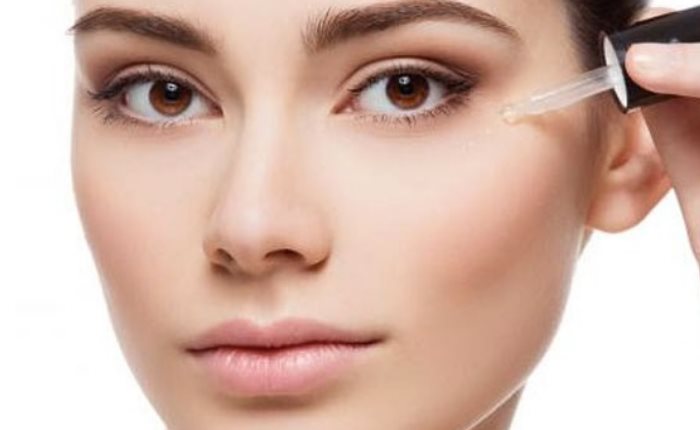What is Hyaluronic acid?
Hyaluronic acts is a natural component of skin collagen that provides elasticity to fibres and has
the ability to contain water particles thus providing volume and moisture to the skin. According to
scientific studies, children posses 60% more hyaluronic acid than a average adult; that amount
decreases over the years. Other studies suggest that people with higher amounts of hyaluronic
acid tend to make them appear younger as well as more attractive.
How does hyaluronic acid act?
Hyaluronic acid is administered in a gel form with is slowly absorbed by the skin, with water
particles appearing in its place after the application. Moreover, it increases the skin’s elasticity,
contributes to its moisturization, increases its durability against external factors and finally
enhances its regenerating factor.
How safe is hyaluronic acid?
The injectable hyaluronic acid is completely safe. It has been used both in Greece and abroad for
many years with excellent results. Allergic reactions are extremely rare as well as the appearance
of other kinds of complications.
Where is it administered?
It is used for the elimination of wrinkles in nasolabial folds, marionette lines as well as for the
increase in the outline and volume of the lips. In addition, it is useful for the increase of volume of
the cheeks and cheekbones.
How is the procedure conducted?
Hyaluronic acid therapy lasts for 20 minutes. It is painless and after the procedure you can return
to your daily schedule. After the application of a naming agent in the form of a cream, a series of
injections are conducted for the administration of hyaluronic acid. After the administration you
may experience slight irritation. This however is temporary and can be easily covered up with the
application of make up.
How long do hyaluronic acid results last for?
Hyaluronic acid is biodegradable and disappears without leaving traces of itself. The
implantations have a life span of about 6-12 months. In most cases, the procedure is repeated
after a year in order to sustain the result.
In which case is hyaluronic acid not recommended?
Hyaluronic acid is not recommended during periods of pregnancy, during the administration of
anticoagulant medicine or in the case of hyaluronic sensitivity.



